MEDUSA – Medical EDUcation in Surgical Aneurysm clipping
The project “Medical EDUcation in Surgical Aneurysm clipping” (MEDUSA) has emerged from four submissions to the “Lead Project Medical Technology” tendered by the province of Upper Austria. The Research Department Medical Informatics of RISC Software GmbH is the consortium leader of the project, which is funded with 2.3 million euros. The aim of the MEDUSA consortium is to develop a revolutionary training and planning platform for neurosurgeons in order to simulate complex brain interventions in a detailed and holistic manner. The top priority of MEDUSA is to protect the lives of patients. Simulating complex medical procedures qualitatively and quantitatively in a realistic environment creates optimal training and education opportunities that increase patient safety.
Hybrid simulator for neurosurgeons
The brain is the most complex human organ, with severe consequences for patients when damaged by disease. However, surgical treatment of the brain is extremely difficult because target areas are often embedded in highly functional and multilayered tissue structures. Only high technology and exceptional cognitive and motor skills of neurosurgeons make successful interventions possible. Strengthening both components is the focus of the MEDUSA research project. The goal of the MEDUSA consortium is to develop a revolutionary training and planning platform for neurosurgeons to simulate complex clipping operations of brain aneurysms in a detailed and holistic way. The highest priority of MEDUSA is to protect the lives of patients.
“Lead Project Medical Technology” of Upper Austria
The research project MEDUSA has emerged from four submissions to the “Lead Project Medical Technology” tendered by the province of Upper Austria. The Research Department Medical Informatics of RISC Software GmbH is the consortium leader of the project, which is funded with 2.3 million euros.
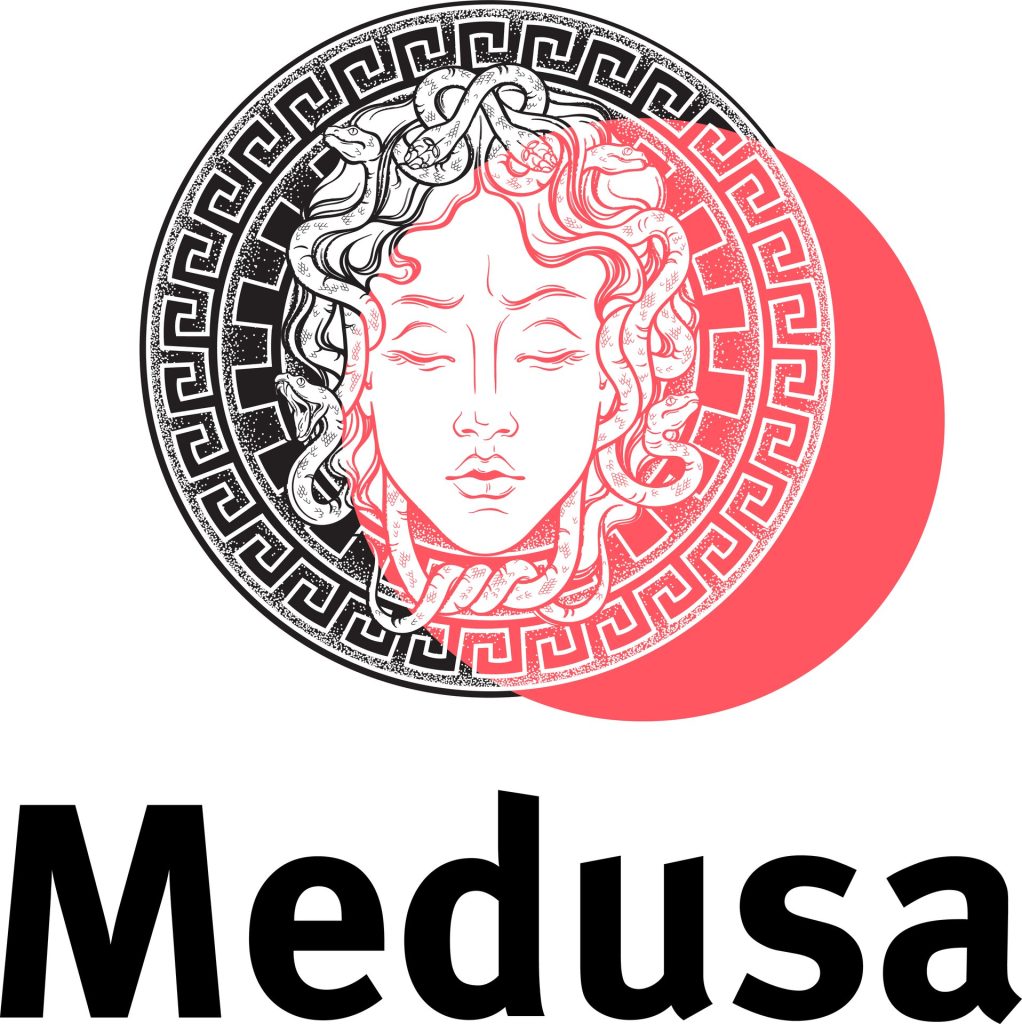
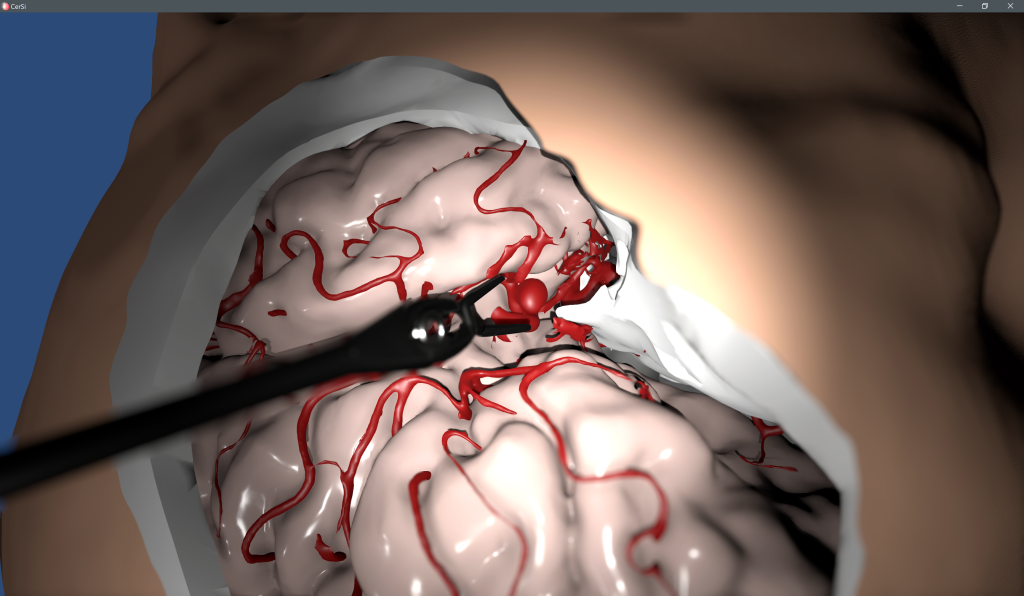
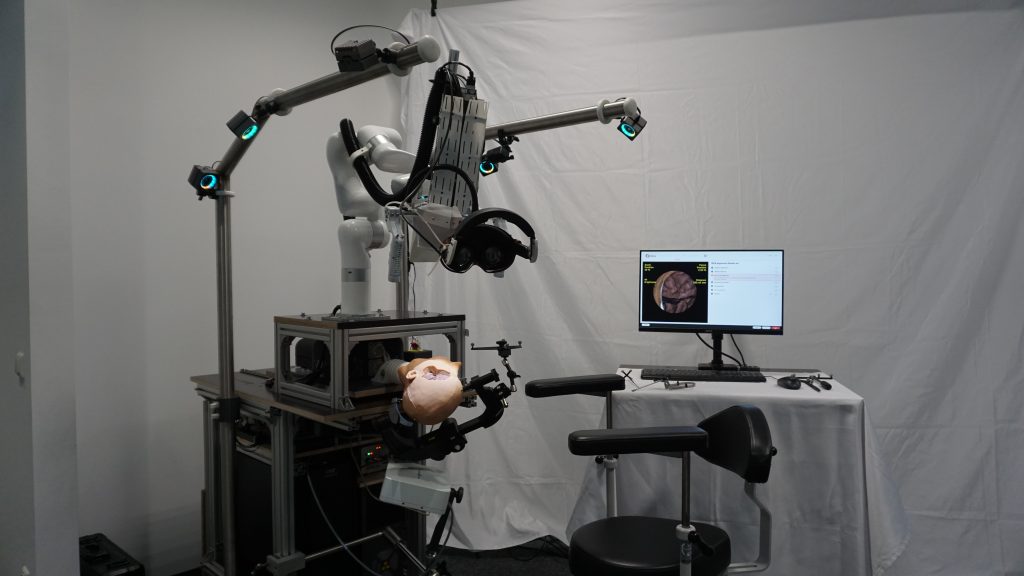
The seven key features of MEDUSA
Combination of haptic and virtual components
Since haptics plays a very essential role in medical simulation, the areas in which touch and feel are relevant are artificially manufactured. For example, this is done by 3D printing or special casting processes. In addition, virtual models are used to simulate blood flow, for example, to provide the surgeon with an insight into the surgical procedure and its results.
Realistic neurosurgical simulator
Based on this hybrid approach, the MEDUSA consortium is developing an innovative neurosurgical simulator consisting of a 3D-printed skull with artificial brain tissue and virtually superimposed images that augment the simulation environment in real time. Neurosurgeons can haptically feel the artificially manufactured patient models (brain, meninges including arachnoid, blood vessels including aneurysm, skull, skin) and see internal, otherwise invisible anatomical structures as virtually generated holograms. The real and virtual worlds merge into a hybrid world that creates the greatest possible realism.
Training with real surgical instruments.
A high-precision multimodal position sensing system enables the use of real surgical instruments for simulation, completely without cables and computer input devices. This creates a natural user interface, allowing the surgeon to train with the instruments that are used in the operating room. The different instruments such as micro scissors, dissector and clipping forceps are automatically detected by the simulator and can be changed at any time during the simulation.
Modular design
MEDUSA is a unique mixed reality training simulator that offers a comprehensive curriculum. Surgical procedures on the brain are depicted in a realistic and high-resolution graphic and tissue behavior is simulated realistically. MEDUSA enables neurosurgeons to train and develop the skills required for clipping cerebral aneurysms efficiently and effectively.
The modular design allows training of both basic and complex surgical skills. These skills can be trained either in isolation or while simulating the entire surgical procedure. Didactic elements and teaching aids are developed in collaboration with medical experts and trainers to optimally reflect the teaching content on the diagnostic and surgical procedure as well as on anatomy.
Tomorrow’s Patient
Based on real medical image data, which is processed in just a few minutes based on artificial intelligence, the final version of MEDUSA 3.0 enables patient-specific preoperative planning (simulation of the surgical procedure on “tomorrow’s patient”). Neurosurgeons can thus optimally prepare for the upcoming aneurysm clipping operation and train complex surgical procedures in advance in a safe simulation environment. This protects the patients’ lives and increases the neurosurgeons’ sense of safety.
Developed by experts for experts
This challenging project is possible due to modern technologies and especially due to the excellent expertise of the consortium, consisting of seven research and six corporate partners. The use of synergies in the fields of neurosurgery, neuroscience, artificial intelligence, medical technology, material sciences and approval of medical products creates a lighthouse project that makes the business location of Upper Austria globally visible and establishes it in promising and profitable markets.
Ongoing research project
The MEDUSA research project started in mid 2019 and will be completed in mid 2024. The consortium partners are highly motivated to continue the excellent cooperation in the field of medical simulation after the end of the project and to intensify it in the course of joint research projects. Interested exploitation partners as well as R&D cooperation partners are always welcome to get involved during the MEDUSA project or in one of the follow-up projects.
MEDUSA – Medical EDUcation in Surgical Aneurysm clipping. A research project involving 13 Upper Austrian research institutions and companies. This project is funded by the province of Upper Austria as part of the strategic economic and research program “Innovatives OÖ 2020”.


Project partners


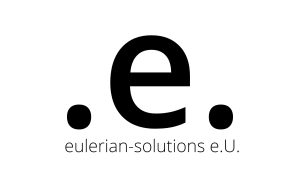
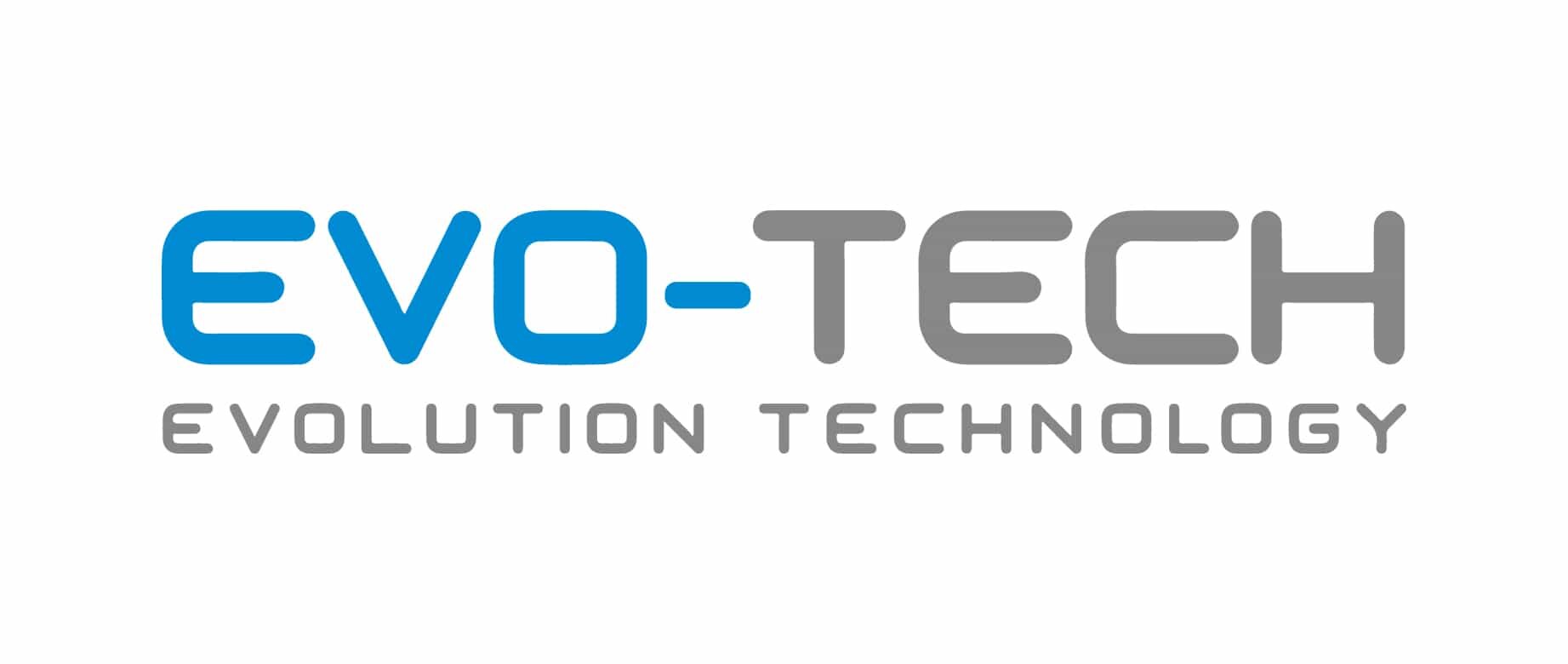
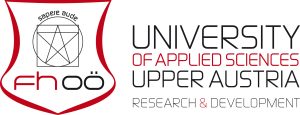
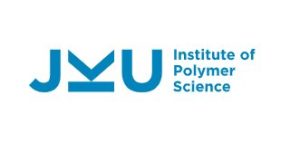

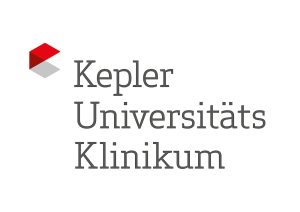




Project details
- Project short title: MEDUSA
- Project long title: Medical EDUcation in Surgical Aneurysm clipping
- Funding Call: Medical Upper Austria – Lead Project Medical Technology, an initiative of the province of Upper Austria 2020 as part of the strategic economic and research program Innovative Upper Austria 2020
- Project partners:
- alpha medical concepts e.U.
- cortEXplore GmbH
- eulerian-solutions e.U.
- EVO-tech GmbH
- FH OÖ Forschungs- und Entwicklungs-GmbH
- Johannes Kepler Universität Linz – Institute of Polymer Product Engineering
- Johannes Kepler Universität Linz – Institut für Polymerwissenschaften
- Kepler Universitätsklinikum Linz – Universitätsklinik für Neurochirurgie
- LIFEtool gemeinnützige GmbH
- Netural GmbH
- PROFACTOR GmbH
- RISC Software GmbH
- R’n’B Consulting GmbH
- Budget volume (total): 3.052 Mio. Euro
- thereof funding (total) 2.213 Mio. Euro
- Duration: 07/2019-06/2024
Contact person

Dr. Michael Giretzlehner
Head of Unit Medical Informatics







